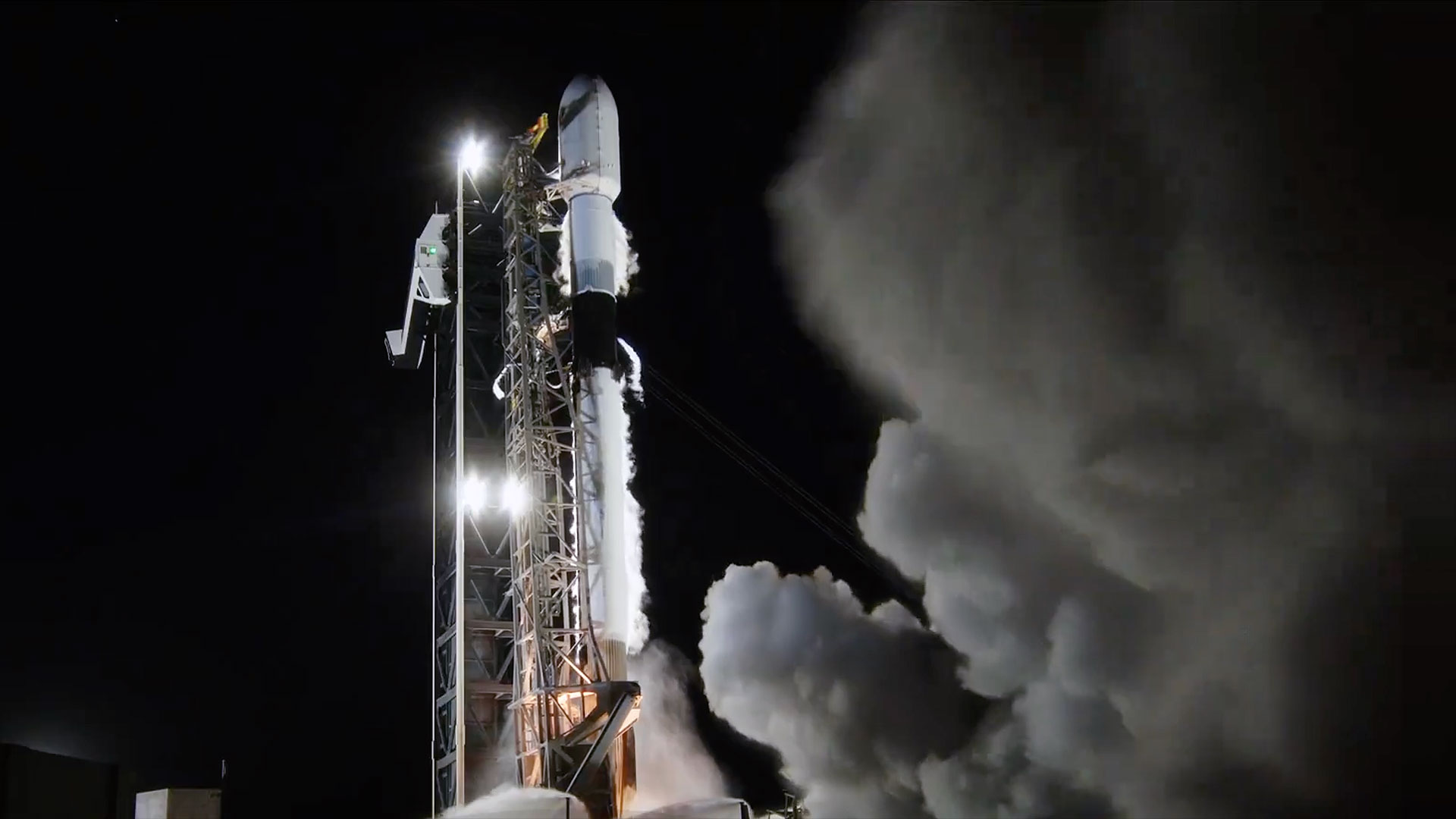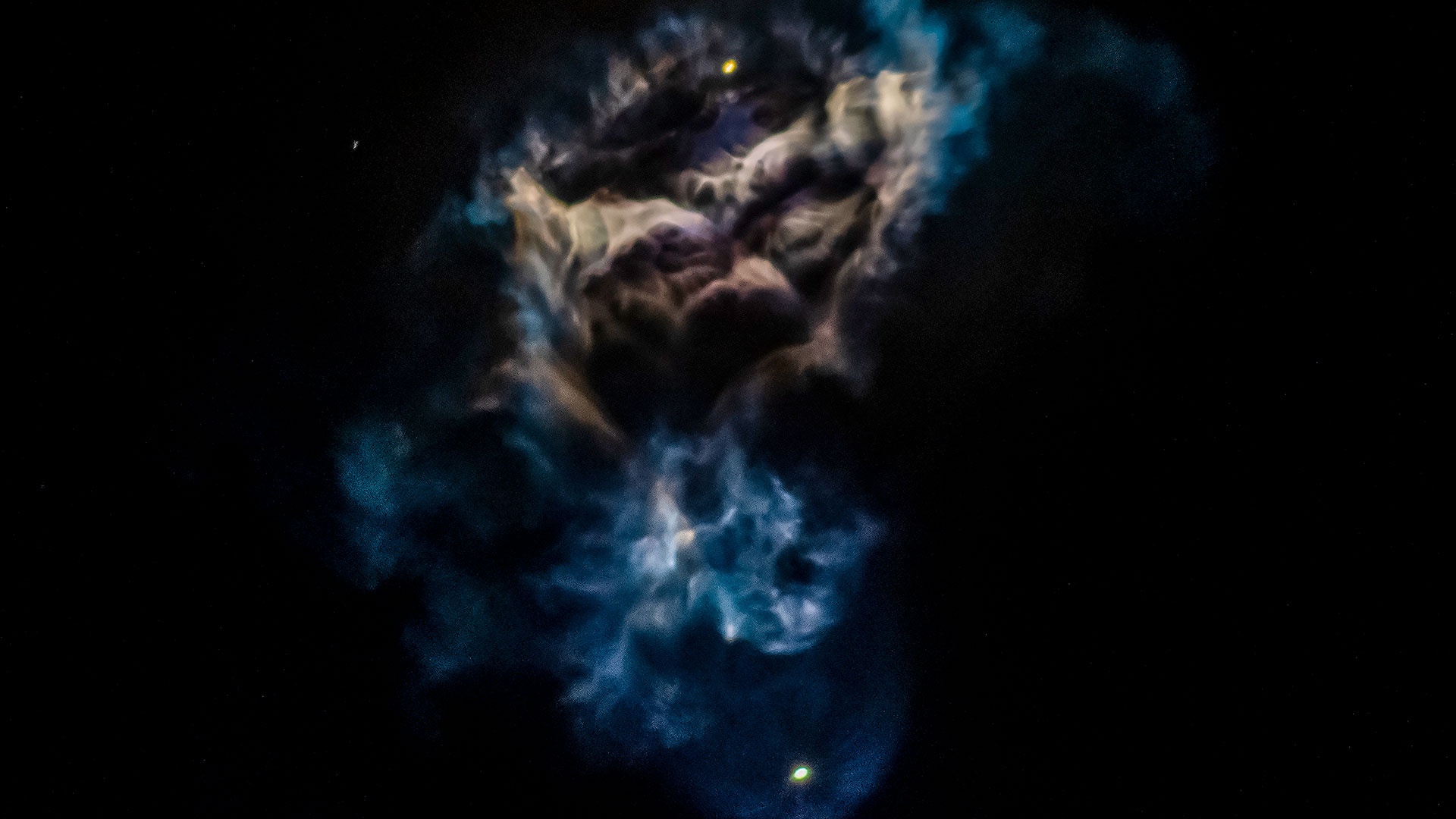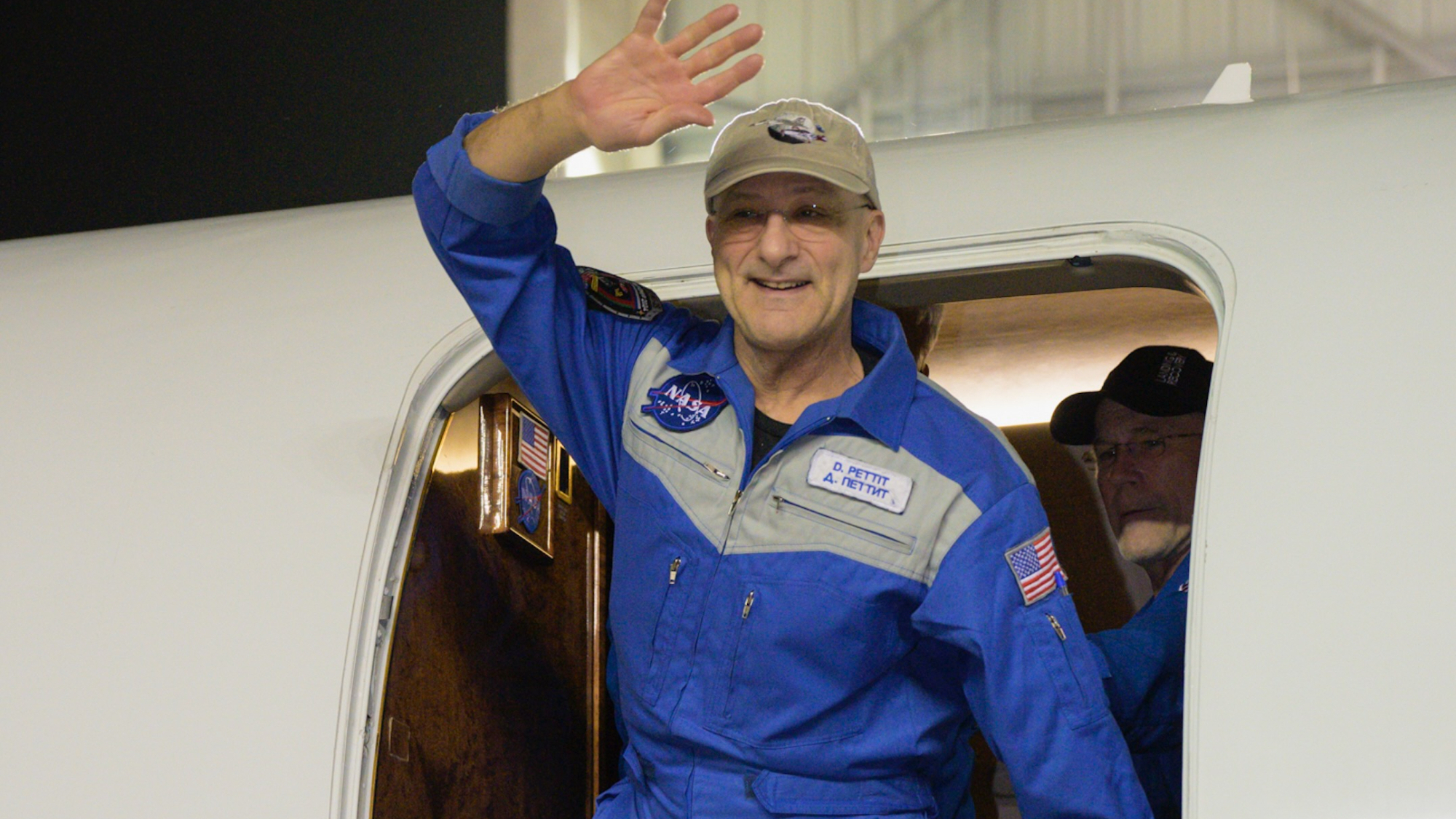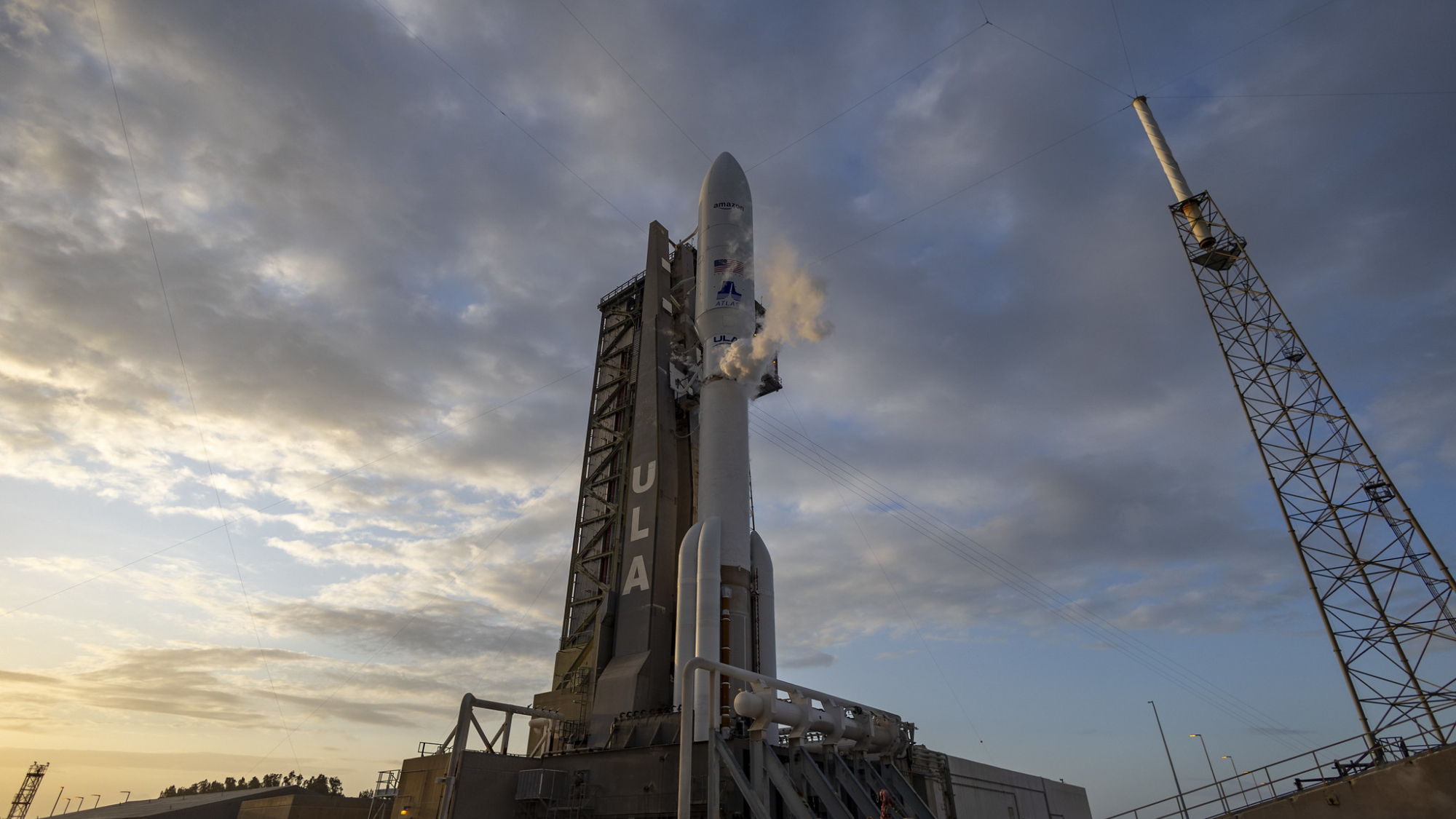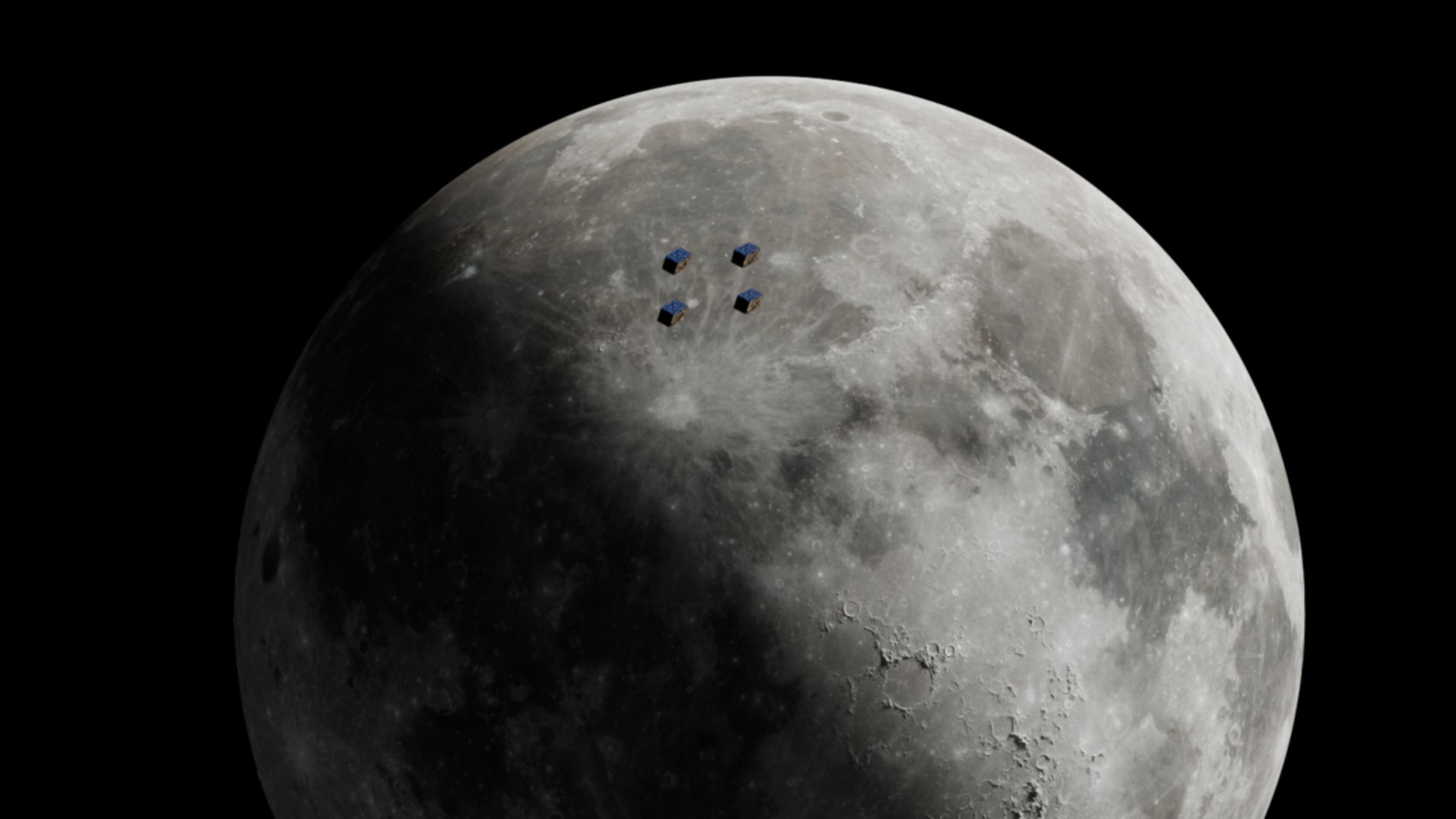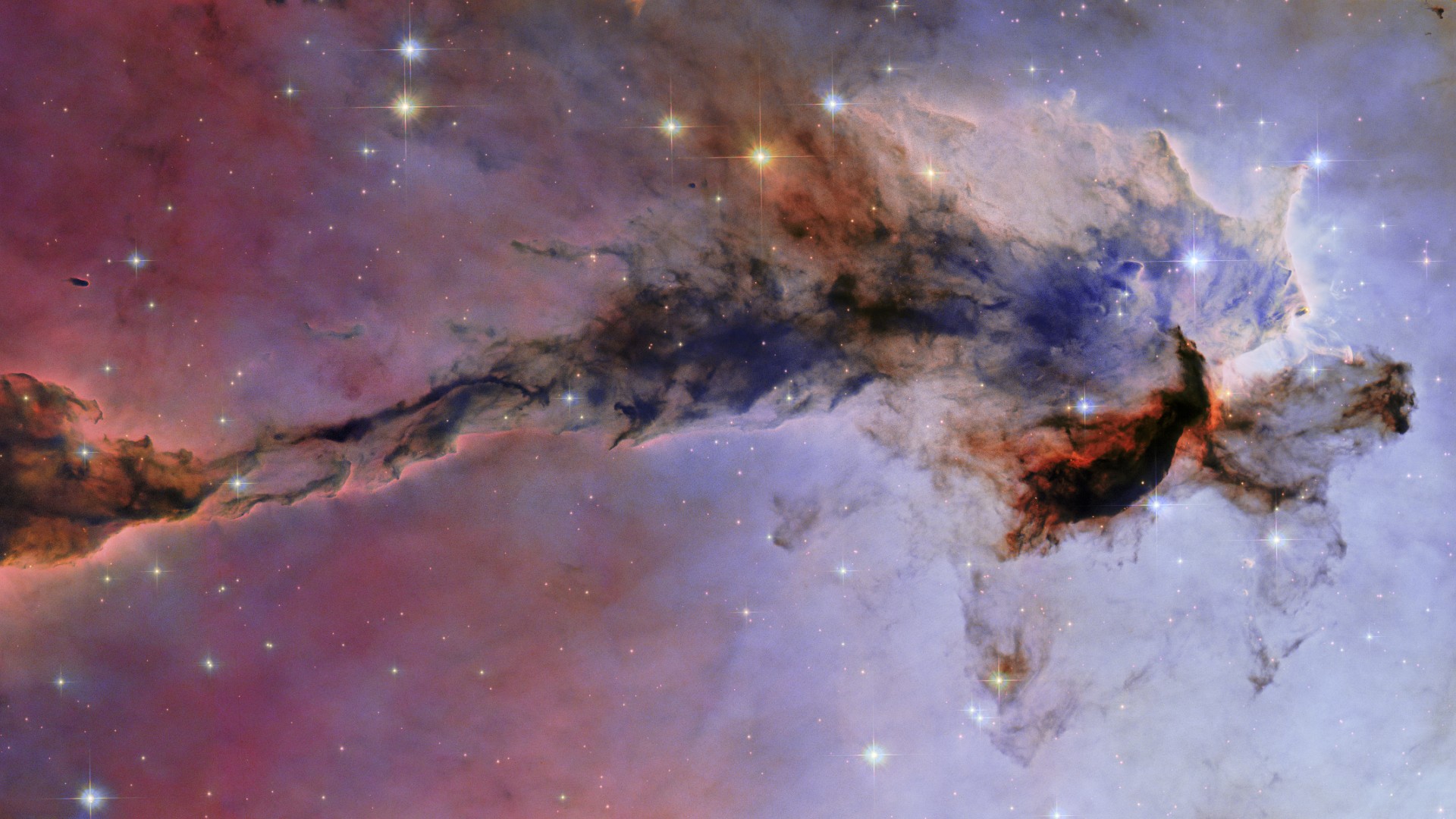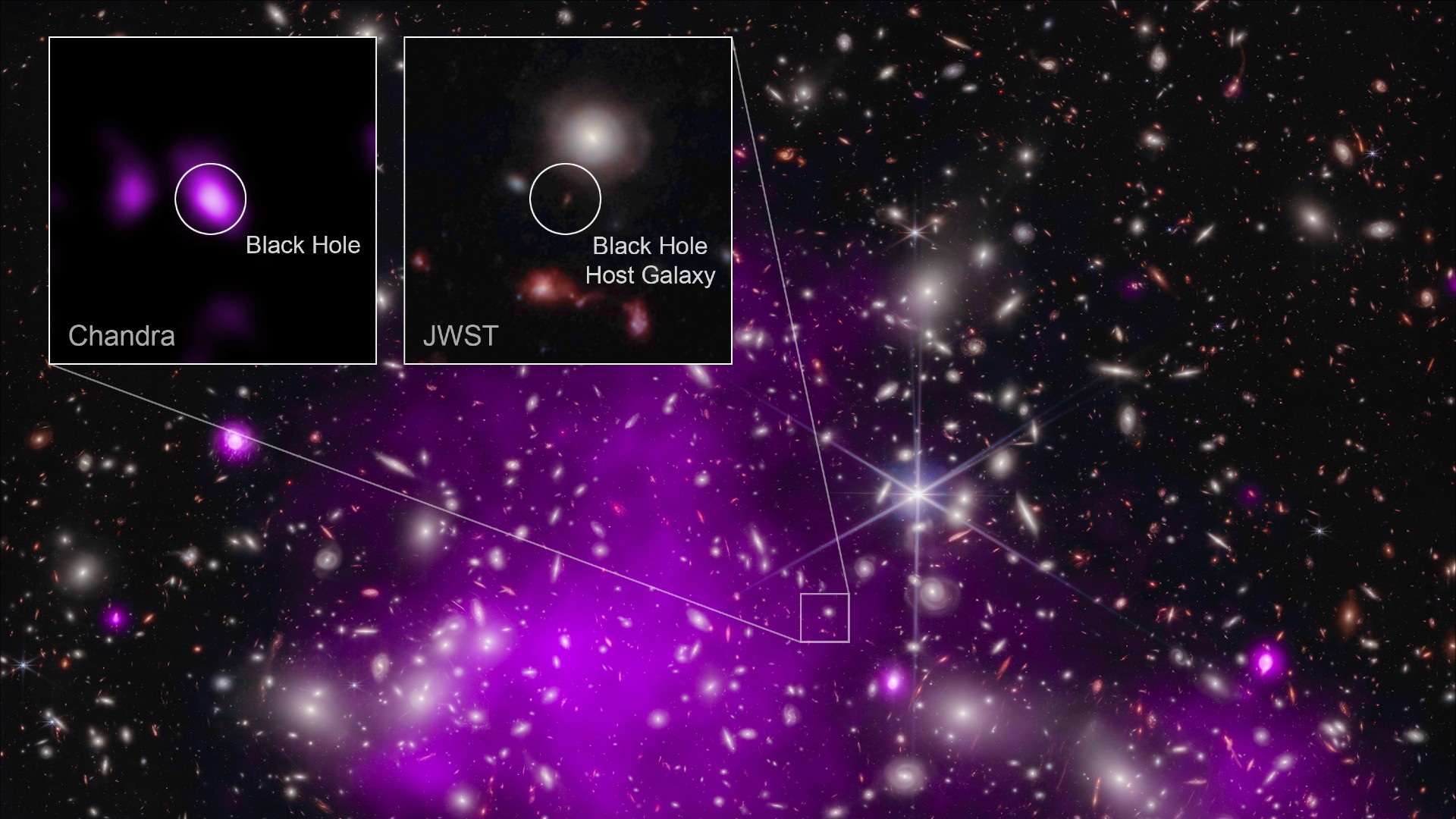Chinese private rocket launches 1st satellite for international customer
This marks the first time CAS Space has provided launch services to a customer outside of China, signaling its broader strategy to expand internationally despite challenges posed by export regulations and competition from SpaceX.
Chinese commercial space firm CAS Space announced that it successfully launched 15 satellites into Earth orbit, including one for the Sultanate of Oman.
CAS Space's Kinetica-1 (also known as Lijian-1) solid rocket lifted off from the Jiuquan Satellite Launch Center in the Gobi Desert on Sunday 11:03 pm Eastern time on Sunday, Nov. 10 (0403 GMT on Monday, Nov. 11; or 12:03 pm Beijing time on Monday).
On board was a remote sensing satellite named OL-1, developed in part by Oman Lens, an Omani startup that plans to use high-resolution satellite images to map the country's land and monitor forest cover and other environmental conditions. The satellite is also equipped with AI computing to conduct in-orbit data analyses. The launch marks the first time the Beijing-based private company has provided launch services to a customer outside of China, signaling its broader strategy to expand internationally despite challenges posed by export regulations and competition from SpaceX.
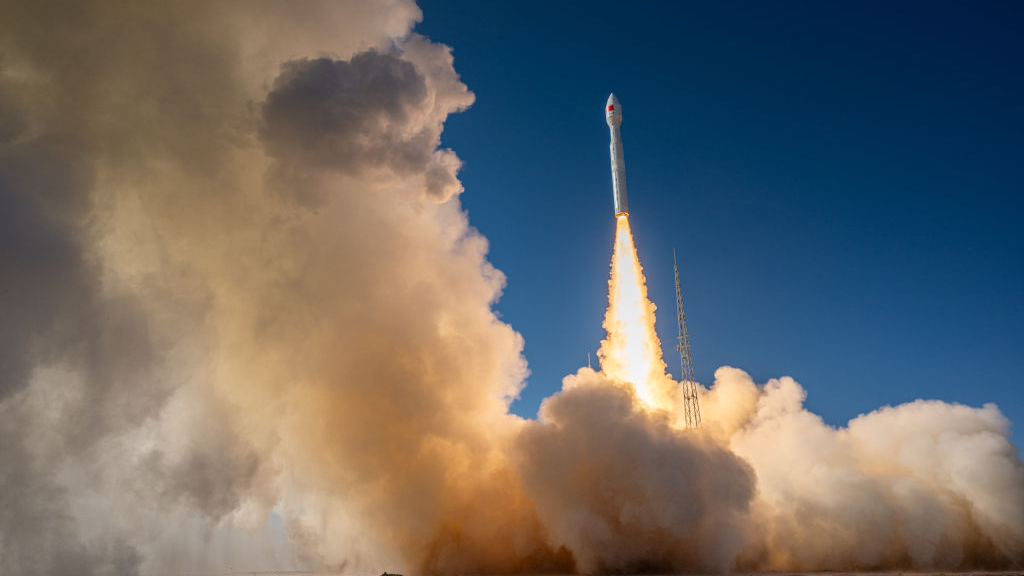
"The successful launch heralds Oman's official entry into the field of space technology," Oman's Foreign Ministry wrote in a statement. "It is the first in a constellation of satellites aimed at providing Oman with advanced Earth observation capabilities."
A 5/5 record for Kinetica-1! Among those onboard the mission is an Omani IRSS-1/OL-1 remote sensing satellite. This marks the first step for CAS Space to provide services to international clients. We believe the space age is global, and none shall be left behind.November 11, 2024
Other satellites launched on Sunday include China's first commercial methane source detection satellites developed by Xi'an Zhongke Xiguang Aerospace Technology and multiple Chinese remote sensing satellites equipped with cameras to gather meteorological data, according to local media.
Also on board were a pair of Jilin-1 launched for the Changguang Satellite Technology (CGST), CAS Space's main customer that's aiming to build an Earth observation constellation by 2027 and has 117 satellites in orbit to date, SpaceNews reported.
"The payloads in this mission are primarily for urban planning, agriculture and weather monitoring," CAS Space wrote in a post on X.
Get the Space.com Newsletter
Breaking space news, the latest updates on rocket launches, skywatching events and more!
Unsurprisingly, there was no information regarding the pair of Shiyan satellites that were also launched on Sunday. Shiyan, whose name translates to "experiment," refers to a classified series of Chinese experimental satellites. Over the past two decades, China has launched at least 36 Shiyan satellites, which have likely been designed to test new technologies and payloads.
Due to the geopolitical tensions between the U.S. and China, the U.S. International Traffic in Arms Regulations (ITAR) largely restrict CAS Space from entering the American and European markets, complicating the company's efforts to offer launch services in the global market and compete with SpaceX.
In recent months, CAS Space has been testing components of a new, reusable rocket called Kinetica-2 or Lijian-2. Starting next year, the company aims to use the rocket as the main launch vehicle to deploy satellites to orbit and deliver cargo to the nation's Tiangong space station.
"Hopefully, very soon, the next couple of launches, we will have a few payloads from other countries," Liu Weipeng, CAS Space international marketing manager, recently told SpaceNews.
Join our Space Forums to keep talking space on the latest missions, night sky and more! And if you have a news tip, correction or comment, let us know at: community@space.com.

Sharmila Kuthunur is a Seattle-based science journalist focusing on astronomy and space exploration. Her work has also appeared in Scientific American, Astronomy and Live Science, among other publications. She has earned a master's degree in journalism from Northeastern University in Boston. Follow her on BlueSky @skuthunur.bsky.social
